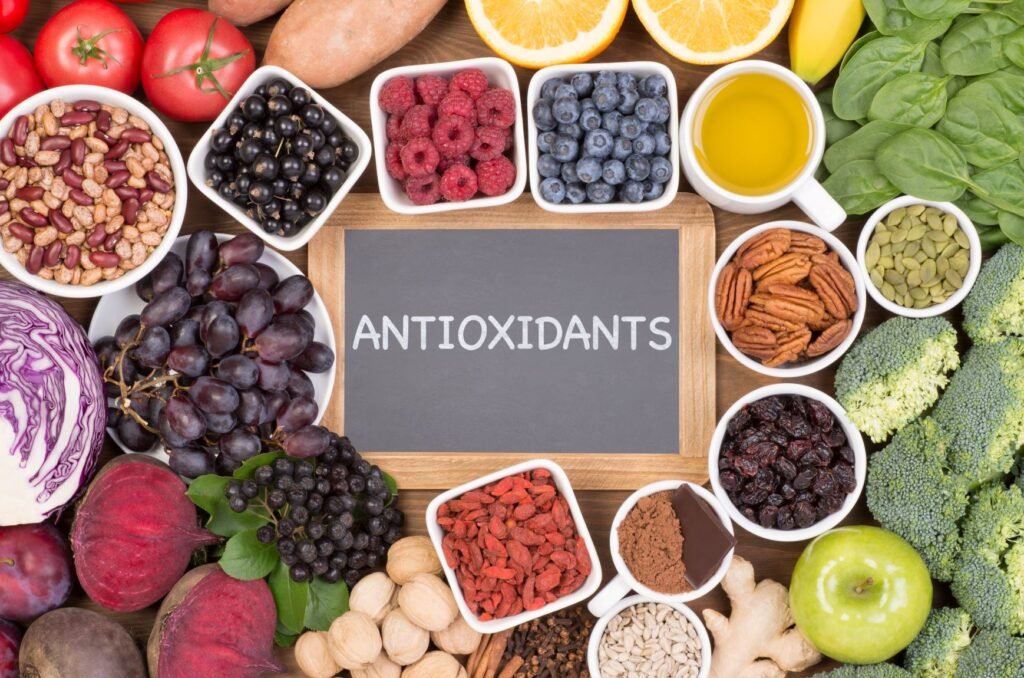
What is An Antioxidant ?
Picture your body as a grand orchestra, each cell playing its part in perfect harmony. Free radicals are the unruly musicians, creating chaos and dissonance—threatening to turn the symphony into noise. Enter antioxidants, the vigilant conductors, gracefully restoring order by neutralizing these troublemakers. They sweep through your system, calming cellular storms, reducing inflammation, and preventing disease. Found in foods like berries, nuts, and cinnamon, these molecular maestros protect your body’s delicate instruments from aging and damage. With each antioxidant-rich bite, you’re fine-tuning your internal symphony, keeping the melody of life vibrant, balanced, and beautifully in tune.
Type of Antioxidants :
Imagine antioxidants as a diverse team of heroes, each with unique powers, working together to protect your body’s “kingdom” from the chaos of free radicals. Here’s a glimpse at their ranks:
Vitamin C – The Shield-Bearer
This water-soluble warrior blocks free radicals from damaging cells. Found in citrus fruits and berries, it patrols your bloodstream, strengthening immunity and healing wounds like a protective shield.
Vitamin E – The Defender of Walls
This fat-soluble guardian resides in cell membranes, fending off attacks that threaten their integrity. Found in nuts and seeds, Vitamin E keeps your cellular walls strong, like fortifying castle gates.
Polyphenols – The Silent Ninjas
Found in tea, dark chocolate, and spices, polyphenols are stealthy antioxidants that reduce inflammation and lower disease risk. They work quietly but effectively, neutralizing threats with precision.
Beta-Carotene – The Visionary Knight
This plant pigment (in carrots and sweet potatoes) transforms into Vitamin A, protecting your eyes and skin. Like a watchful knight, it enhances vision and fortifies your body’s defenses.
Glutathione – The Master Alchemist
Produced within your body, this “master antioxidant” regenerates other antioxidants. Like an alchemist, it transforms cellular damage into renewed vitality, keeping your inner kingdom thriving.
Together, these antioxidant heroes fight to maintain balance, ensuring your body’s story is one of resilience and harmony!
Why Antioxidant matter ?
- Cellular Defense: They neutralize free radicals, preventing DNA and cell damage.
- Anti-Aging: Slow down the aging process by reducing oxidative stress.
- Disease Prevention: Lower the risk of chronic diseases by maintaining cellular health.
- Boost Immunity: Strengthen your body’s natural defenses.
Here, The 6 Most Antioxidant-rich foods that you must have :
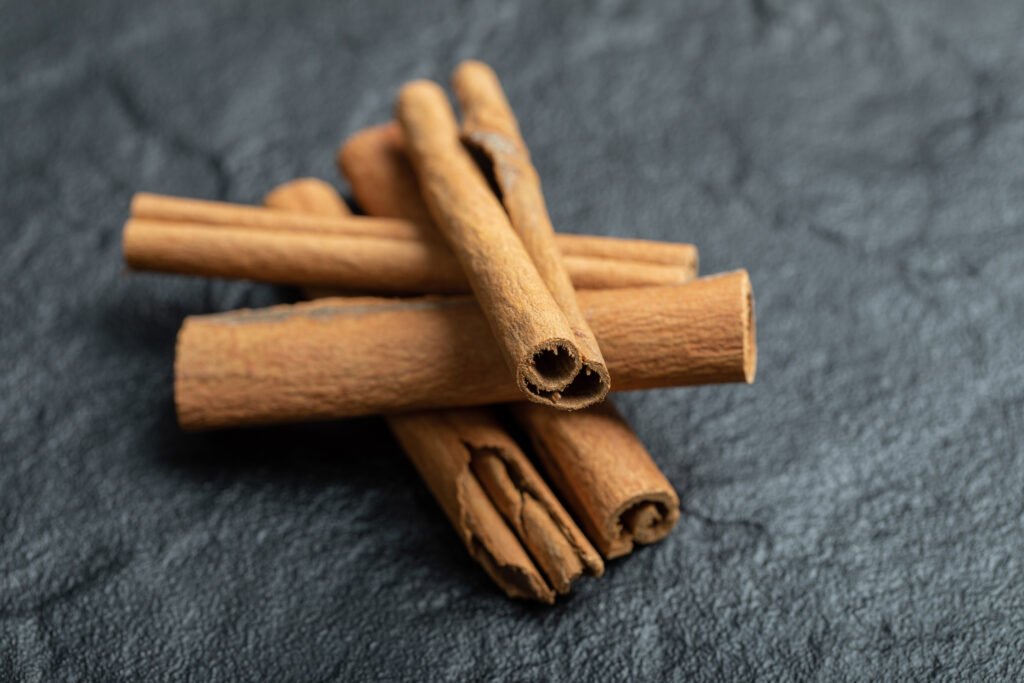
Cinnamon
Cinnamon is rich in antioxidants like polyphenols, which help fight oxidative stress and inflammation. It supports heart health by reducing cholesterol, regulates blood sugar levels, boosts immunity, and may protect against neurodegenerative diseases, promoting overall health and well-being.
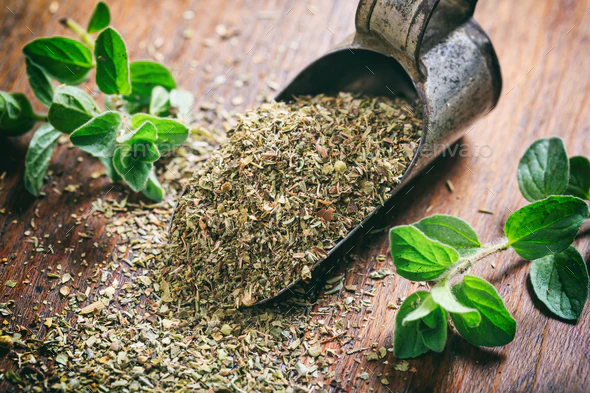
Oregano
Oregano is packed with antioxidants such as carvacrol and thymol, which help combat oxidative stress and inflammation. It boosts immunity, supports heart health, improves digestion, and has strong antimicrobial properties, aiding in infection prevention and promoting overall health.
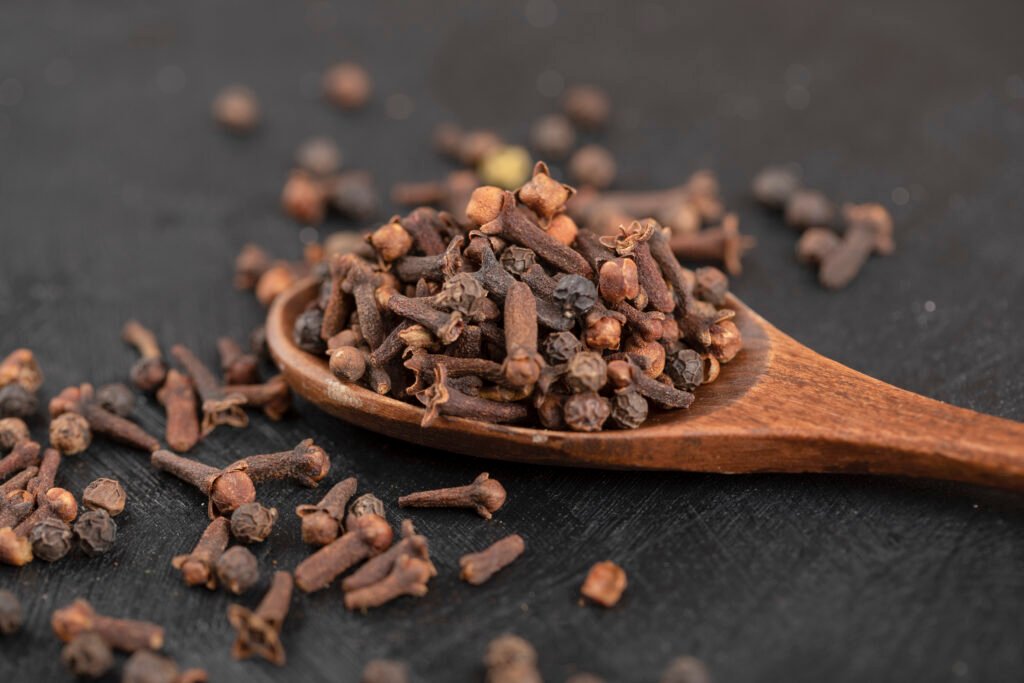
Clov
Cloves are packed with antioxidants, particularly eugenol, which help reduce oxidative stress and inflammation. They enhance immune function, support digestive health, have powerful antimicrobial properties, alleviate pain, and may improve liver function, promoting overall health and vitality.
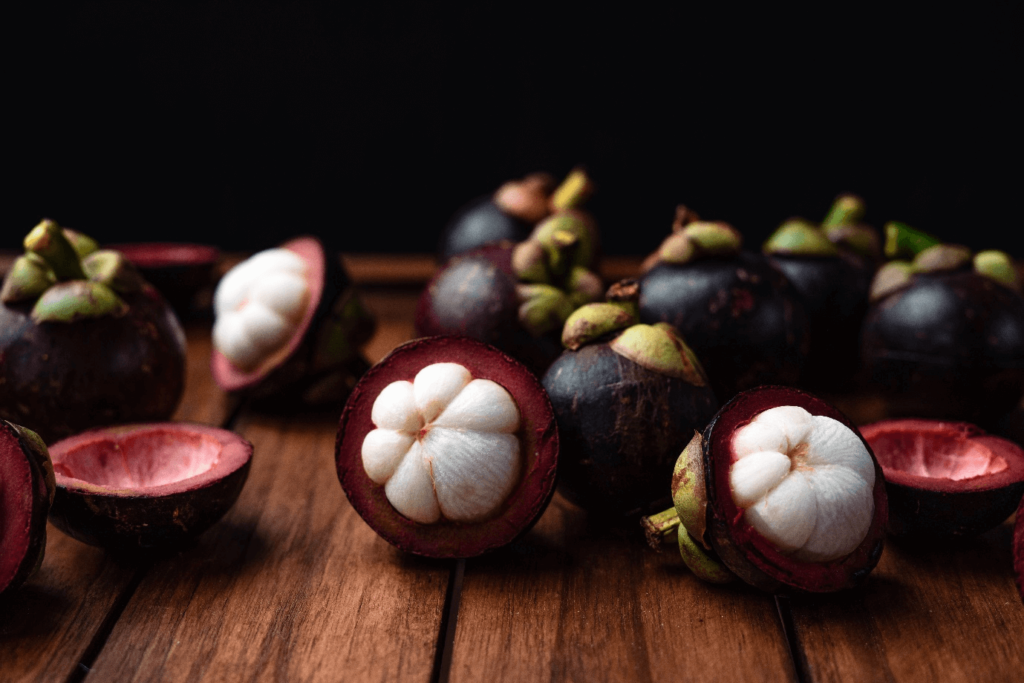
Kokum
Kokum is a rich source of antioxidants like garcinol and hydroxycitric acid (HCA). These compounds combat oxidative stress, reduce inflammation, and promote heart health. Kokum aids digestion, boosts immunity, and supports skin health, keeping you refreshed and rejuvenated.
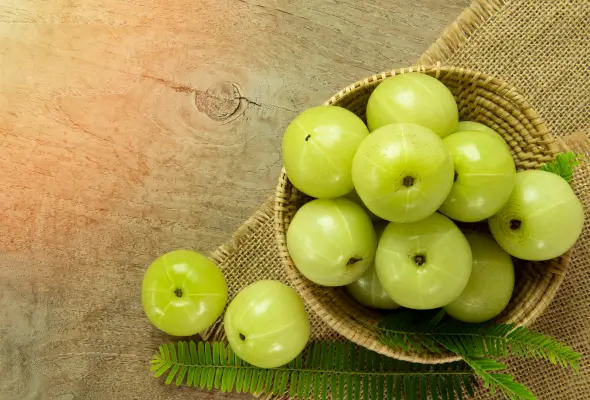
Amla
mla, rich in Vitamin C and potent antioxidants like polyphenols, strengthens immunity, combats oxidative stress, and supports heart health. It aids digestion, promotes glowing skin, enhances hair health, and provides anti-aging, anti-inflammatory, and detoxifying benefits.
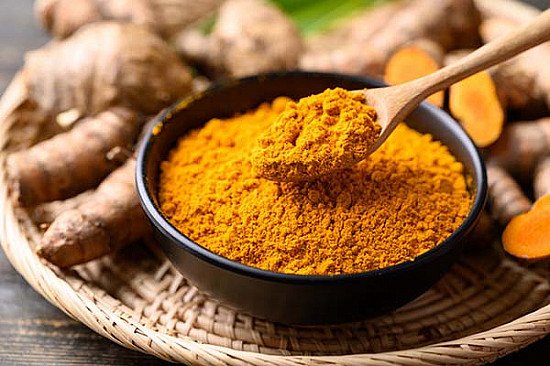
Turmeric
Turmeric is a powerful antioxidant, rich in curcumin, its active compound. Curcumin fights oxidative stress, reduces inflammation, and boosts immunity. It supports heart and brain health, aids digestion, promotes healthy skin, and may prevent chronic diseases like cancer.
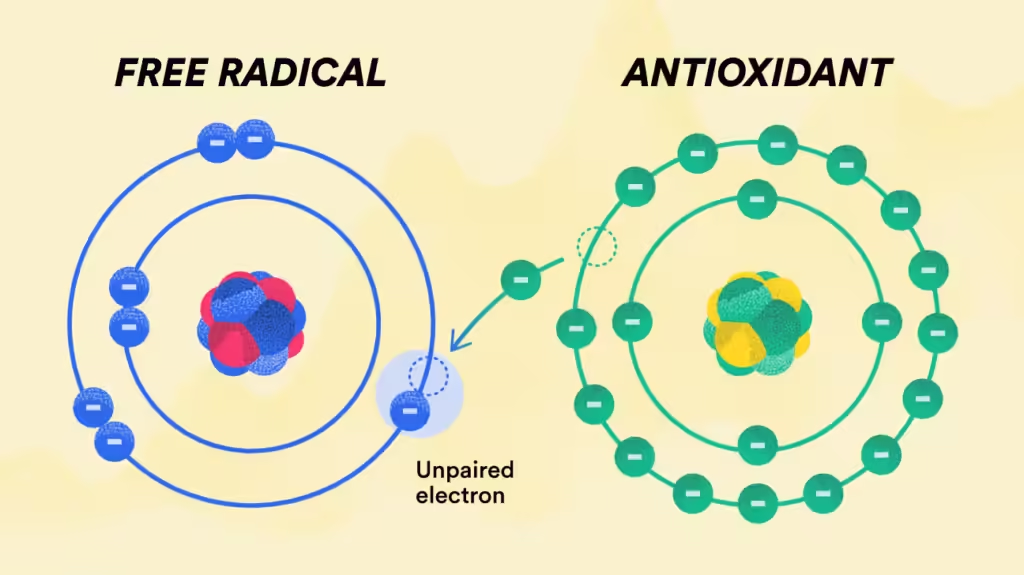
How do Antioxidants affect your body ?
Antioxidants have a profound effect on the body by protecting it from the harmful effects of free radicals and oxidative stress. Here’s how they work and benefit your health:
1. Neutralizing Free Radicals:
Antioxidants neutralize free radicals—unstable molecules that can damage cells and DNA. By donating an electron, antioxidants stabilize free radicals without becoming harmful themselves. This prevents oxidative damage to your cells, which could otherwise lead to diseases like cancer and heart disease.
2. Reducing Inflammation:
Many chronic conditions, such as arthritis, heart disease, and diabetes, are linked to inflammation. Antioxidants help reduce inflammation by limiting the damage caused by oxidative stress, protecting tissues and organs from long-term damage.
3. Slowing Aging:
Oxidative stress accelerates the aging process by damaging skin cells and tissues. Antioxidants, especially those found in fruits, vegetables, and herbs, help protect your skin and other cells from premature aging, reducing wrinkles and sagging.
4. Supporting Heart Health:
Antioxidants like vitamin E, flavonoids, and polyphenols protect the heart by reducing LDL (“bad”) cholesterol oxidation and improving blood vessel function. This helps lower the risk of atherosclerosis (plaque buildup in arteries) and heart attacks.
5. Boosting Immunity:
By combating oxidative stress, antioxidants strengthen the immune system, helping the body fight off infections, viruses, and bacteria more effectively. This is especially important for maintaining good health and preventing illnesses.
6. Protecting the Brain:
Antioxidants like vitamin C, vitamin E, and polyphenols in foods like berries help protect the brain from oxidative damage. This may reduce the risk of neurodegenerative diseases like Alzheimer’s and Parkinson’s.
7. Supporting Detoxification:
Antioxidants help the liver and other detox organs clear toxins and free radicals from the body, promoting better overall health and reducing the load on the body’s detox systems.
8. Promoting Digestive Health:
Certain antioxidants improve gut health by reducing oxidative stress in the digestive system, preventing conditions like irritable bowel syndrome (IBS) and supporting overall digestive function.
In short, not getting enough antioxidants leaves your body less equipped to fight internal and external damage, leading to long-term health risks.
Follow @Shikha.agrwal02, for more such health insights.
For direct consultation, whatsapp at +91 824 002 2632
